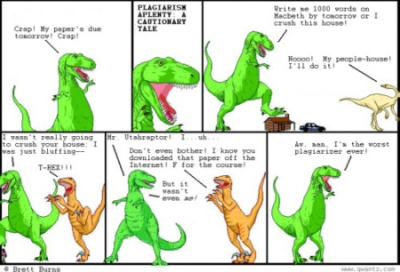In recent weeks I have commented several times on my other blog on what passes for educational thought these days at the federal government level here in Australia, most recently in Donnelly the dreadful, where you will find a link taking you to other entries. Since much of that thought seems to derive from a particular strand of Republican Administration ideology currently in vogue, it is worth looking into the pages of Education Week, an American magazine for educators. Free registration is required to access the articles. I have done this, and also get details of the latest issue emailed to me. It is well worth it. You will find a healthy debate there about the nostrums our government so seems to admire.
Take one issue: should early stage ESL learners (or ELLs — English Language Learners) do the same standardised reading tests that are part of the No Child Left Behind package, upon which also depend things like school accreditation and funding? You don’t have to have much imagination to see the relevance to Australia. One recent report on this is Tussle Over English-Language Learners by Mary Ann Zehr, who also has a blog in Education Week. If you check those links you will probably be invited to register before you can read them; do so. 🙂
Fifth grader Any Samaria and 4th grader Maliksha Dursunov are both classified as English-language learners, but both can confidently read aloud in English from books at a 1st grade level. And they’re quickly picking up some of Virginia’s required academic skills for reading, such as how to identify a “problem” in a story.
Even so, the three teachers for their reading class of beginning English-learners at Waterman Elementary School in the heart of Virginia’s Shenandoah Valley oppose making the students take the state’s regular reading exam at their official grade levels, as federal officials would require.
After all, Any (pronounced AH-nee) came from Honduras only about a year ago, and Maliksha, a Meskhetian Turk from Russia, arrived less than a year ago. The two still struggle to speak full sentences in English…
Also having a blog on Education Week is Emmet Rosenfeld, “an English teacher at Thomas Jefferson High School for Science and Technology in Alexandria, Virginia. Read the rest of this entry »





